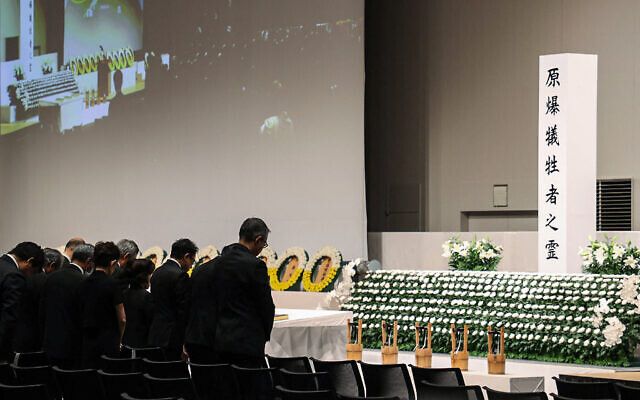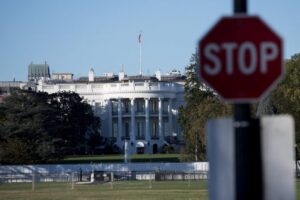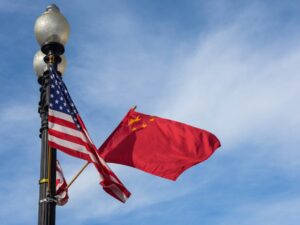
On Friday, Nagasaki will mark the 79th anniversary of the 1945 U.S. detonation of the atomic bomb on the city. An estimated 40,000 people were killed instantly, and tens of thousands more died in the years that followed from injuries and radiation poisoning.
The commemorative event, in support of peace and the deterrence of nuclear weapons, has so far been apolitical and representatives from all over the world have been invited to participate. This year is different.
Nagasaki Mayor Shiro Suzuki explicitly disinvited Israel’s ambassador to Japan, Gilad Cohen, citing security concerns following Iran’s repeated announcements of attacks on Israeli-allied sites or where Israeli officials might be located around the world, while seeking to avoid the possibility of pro-Gaza demonstrations at the event.
The move was not well received by Israel’s allies. In fact, ambassadors from Western countries, including the United States, will not attend the ceremony commemorating the 79th anniversary of the bombing of Nagasaki after Israel was snubbed, officials said.
The mayor of Nagasaki said last week that Israeli Ambassador Gilad Cohen was not invited to Friday’s event in the southern Japanese city because of the risk of possible protests over the Gaza conflict.
The international reaction
The US and British embassies say their ambassadors will not participate as a result and their countries will be represented by lower-ranking diplomats.
Media reports say Australia, Italy, Canada and the European Union, which along with the United States, Britain and Germany signed a strongly worded joint letter to the mayor of Nagasaki last month, will follow suit.
US Ambassador Rahm Emanuel will not attend “after the mayor of Nagasaki politicized the event by not inviting the Israeli ambassador,” an embassy spokesman told AFP.
Instead, Emanuel, 64, who served as chief of staff to former U.S. President Barack Obama, will attend a separate event at a temple in Tokyo, the spokesman said.
The British embassy says ambassador Julia Longbottom will also not be in Nagasaki, saying not inviting Israel “creates an unfortunate and misleading equivalence with Russia and Belarus, the only other countries not invited to this year’s ceremony.”
A French embassy spokesman says its deputy will attend, telling AFP that the “decision not to invite the representative of Israel is regrettable and questionable.”
The reasons of the mayor of Nagasaki
“Given the critical humanitarian situation in Gaza and international opinion, there is a risk of unpredictable disruptions to the ceremony,” Suzuki said on June 3. “We need to carefully monitor the situation as it develops.”
The peace ceremony is scheduled for August 9, the 79th anniversary of the atomic bombing of Nagasaki.
Suzuki said he would send a letter to the Israeli Embassy in Tokyo, urging an immediate ceasefire.
Every year from late May to early June, Nagasaki officials send invitations to all embassies in Japan. However, Russia and Belarus have been excluded from the peace event since Moscow’s invasion of Ukraine began in 2022.
Suzuki said he would invite Israel once he determined that doing so would not cause problems. However, he did not specify any conditions or deadlines.
Officials in the world’s first atomic-bombed city, Hiroshima, also urged Israel to agree to an immediate ceasefire by the end of May. But the city invited Israel to the Hiroshima peace ceremony on August 6.
Russia and Belarus were not invited.
Hiroshima’s invitation to Israel provoked mixed reactions from the public.
Critics say Hiroshima is condoning Israel’s massacre of Palestinian civilians in Gaza.
Meanwhile, a group of atomic bomb survivors and their supporters have called on the city of Hiroshima to invite all countries, regardless of their involvement in the ongoing conflicts.
Contributor to ReporteAsia.
Source: https://reporteasia.com/relaciones-diplomaticas/2024/08/07conflicto-israel-bomba-nagasaki

